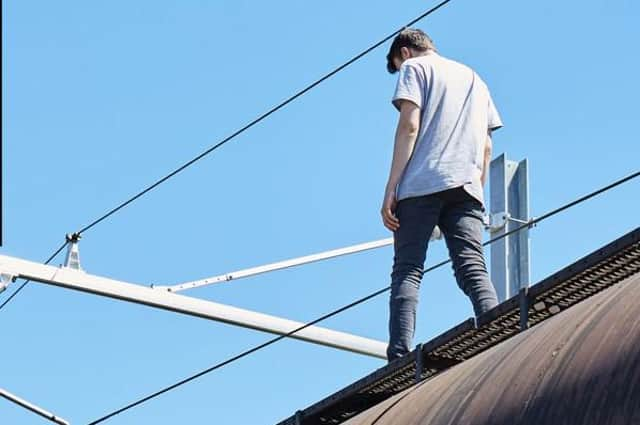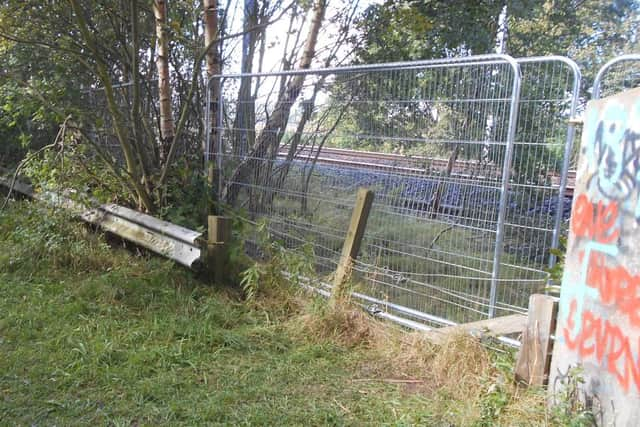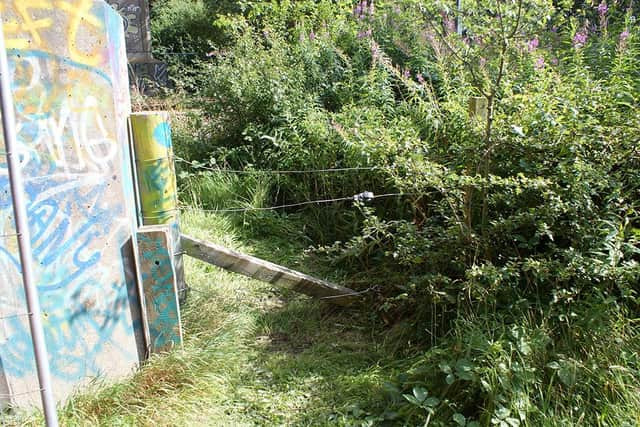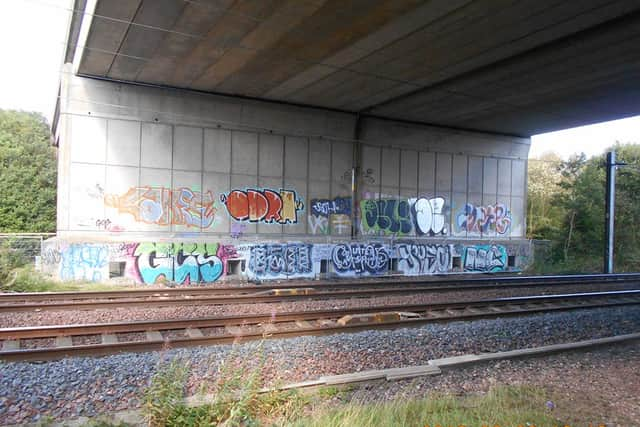Network Rail: Is it fair to prosecute this public body over the actions of a trespasser? – Alastair Dalton


Guess who was fined? Not the teenager. He wasn’t even prosecuted.
It was Network Rail, which, more than four years after the incident, was given a £135,000 penalty for “failing to maintain and improve the railway fencing”.
Advertisement
Hide AdAdvertisement
Hide AdBut this appears to have been no accidental trespass. It wasn’t a case of kids straying onto railway tracks.
The 13-year-old who clambered onto the roof of the stationary freight train would have required some nerve.
And he was lucky to have survived because he came too close to the 25,000-volt overhead power cables and was seriously burned.
I’m told no further action was taken against the boy because of the circumstances of the incident. Trespassers can be fined up to £1,000 – though that level is usually reserved for multiple offences.


It’s ironic the owner of the fence was the one to be penalised instead. I can’t believe anyone who’s bold enough to climb onto a train would be deterred by a better-maintained fence. They’d find a way in.
The Office of Rail and Road (ORR), which regulates Network Rail, said there was "extensive graffiti on both sides of the railway boundary and other evidence of long-term trespass at the location” and the fence was “substandard and poorly maintained”. As a result, “unauthorised access to the railway was straightforward”.
But it has taken since the incident occurred in 2016 for the case to be resolved and this has probably cost way more than the fine in legal fees and other resources.
The ORR’s report to the procurator fiscal was received more than a year after the trespass, and it took more than another year for discussions to start between the fiscal and Network Rail over resolving the case. It then took nearly two more years for the case to finally come to court last month.


Advertisement
Hide AdAdvertisement
Hide AdI’ve been out with a British Transport Police team trying to catch trespassers in the past. They know where the gaps in the fence are. Graffiti is plain – train passengers just need to look out of the window.
So why wasn’t the problem at Musselburgh reported and remedial action taken more promptly?
In any case, what is the point of spending four years prosecuting Network Rail, a UK government body which made a £375 million profit last year on revenue of £8 billion, when that costly process ended with a fine of only £135,000?
Britain’s railways are a strange cultural phenomenon in that they are among the only ones in the world to be fenced as a matter of course.


I’m not saying we shouldn’t have fences, but they appear to have unduly become the focus.
However, if the perceived onus is on keeping people out, rather the trespassers themselves, with the huge potential risks they take and the massive disruption any incident is likely to cause, it’s almost like saying “I couldn’t help it, they should have stopped me getting in”.
